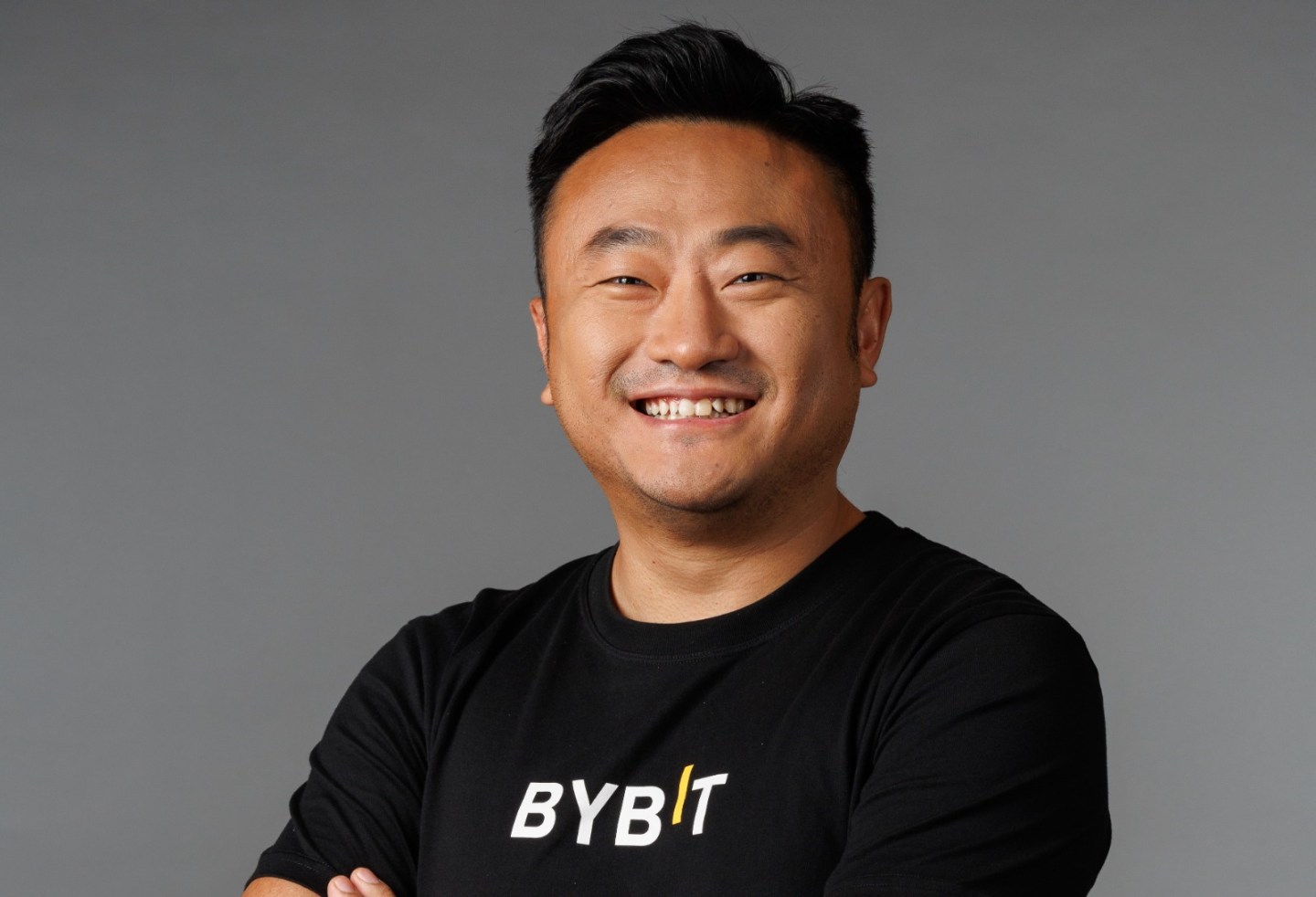“Are you still going to need me when that thing goes live?”
That was one of the questions Boxed CEO Chieh Huang had to answer when employees saw a robot taking items off the shelf at the company’s fulfillment center. And it’s the question at the heart of today’s news: The mobile bulk shopping startup announced that it has automated its entire Union, N.J.-based fulfillment center.
This means that the jobs of more than 100 employees—most of them “pickers”—have been replaced by robots. But here’s the twist: Boxed is not laying off a single one of the workers whose skills have been made obsolete.
Instead, the company is retraining its employees to operate the machines and offering classes for people who want to transition to other roles in the company. Pickers, for example, are employees who receive orders on paper or through an iPad, push a cart through the warehouse, and “pick” items off the shelves to be packed and shipped to consumers. Since their jobs were automated, they have been retrained to pick on the conveyor system. In other words, a conveyor brings the items to them and they receive packing and shipping instructions through a headset. Other employees could be retrained on customer service.
All of this begs the question: Is it a smart financial decision for Boxed to save the human jobs? After all, the startup spent millions of dollars to install the three-story robotics, pick towers, and spiral conveyors in its 150,000-square-foot fulfillment center. Not only is Boxed not undergoing layoffs, but it’s investing in its workers even more by turning many of them from temps into full-time fulfillment center associates, which comes with a 13% salary bump.
“I will be the first to admit that it is not the smartest thing we’ve ever done when it comes to the balance sheet, but it’s what we do,” Huang says. “Is it absolutely necessary to drive every last penny out of it at the cost of human livelihoods?”
The fully-automated Boxed warehouse is a microcosm of what’s happening in multiple industries as companies grapple with automation. According to PwC, 38% of U.S. Jobs are at “high risk” of being automated by 2030. The risks appear highest in sectors such as transportation and storage (56%), manufacturing (46%) and wholesale and retail (44%). Just last month, Blackrock laid off more than 40 of its portfolio managers and replaced them with artificially intelligent, computerized stock-trading algorithms.
“Automation is great for profits, but it’s a real potential trouble area for society. Everyone is now praying at the altar of every last dollar of profits to please shareholders,” Huang says. “If you invest in your people and treat them well, it’s a different way to increase profits.”
It’s not the first time that Huang has made a move some might consider bad for business. Boxed also pays up to $20,000 for any full-time employee’s wedding, funds the college education of Boxed workers’ children, and offers unlimited paid maternity and paternity leave.
When asked what incentivized him to do this, Huang points to personal experience. “I grew up poor, and I remember when it was very difficult for my parents to make ends meet,” says Huang, whose family immigrated to the United States from Taiwan when he was one year old.
He watched as his mom worked at a Chinese food restaurant making minimum wage. Now, he employs workers at four fulfillment centers across the country, and reportedly pays them an annual salary that’s higher than the national average of $24,000. “Having a business now where you’re employing hundreds of people across the country, most of them not being white collar engineers—it really took me back to my parents, and I just remember seeing them struggle.”
If all goes according to plan at the New Jersey warehouse, Huang says he will consider automating the remaining three centers—in Georgia, Texas, and Nevada—as well.
“To be honest, have we come up with a perfect solution? Absolutely not,” Huang says. “But before we say, ‘Sorry there’s no job for you tomorrow because Mr. Robot has taken it,’ we think about the impact on that person and what we can do to save that job.”











